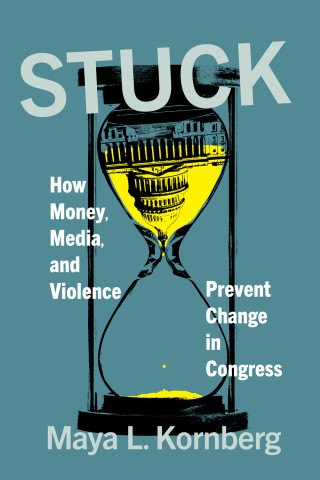
Reviews
North Korean Nuclear Operationality: Regional Security and Nonproliferation brings together some of the most well-respected analysts of the North Korean nuclear situation and offers some timely insight — especially if South Korean intelligence estimates that the North is planning a fourth underground nuclear test as it hones its ability to miniaturise a warhead are correct.
Gregory Moore has compiled a stimulating, readable collection of essays premised on the rising likelihood of a full-fledged nuclear North Korea... The diversity of views enriches and enlivens the book, and the contributors make a convincing case that it is an issue demanding a wider audience.
The authors suggest that, since sticks have failed, carrots should be tried more consistently and more imaginatively... The argument presented is ingenious, and if, as suggested, it is associated with proposals for a nuclear-weapon-free zone in North East Asia it might also go some way to easing the damage done by DPRK behaviour so far to the global non-proliferation regime.
Pyongyang is well on the way to mastering the technologies it needs to build a deliverable nuclear weapon. But the expert contriutors to this volume argue convincingly that little will change when North Korea crosses that threshold. The retaliatory capabilities of Japan, South Korea and the United States are already sufficient to deter Pyongyang from attacking anyone with a nuclear weapon, and North Korea already has enough military power to deter anyone from attacking it.
Richly detailed and logically laid out, Moore's book is an excellent analysis of North Korea's acquisition of nuclear arms and the consequences to its neighbors.
This is the first book ever published in English on North Korea’s nuclear operationality and how it affects regional and global security. Moore has quite successfully addressed his topic.
... One of the poorest and most isolated states in the world, North Korea, has repeatedly violated the rules of the nuclear nonproliferation regime with impunity. Even more telling is the fact that it has done so in direct defiance of the explicit demands of the United States and China, presumptive guardians of the regime... Organizing a coherent strategy to address [this] must begin with a comprehensive assessment of the North Korean nuclear threat. North Korean Nuclear Operationality: Regional Security and Nonproliferation takes an important step in this direction.
Book Details
List of Contributors
Foreword
Acknowledgements
Introduction. The Problem with an Operationally
Nuclear North Korea
Part I: The North Korean Nuclear Dilemma
Chapter 1. Translating North Korea's Nuclear
List of Contributors
Foreword
Acknowledgements
Introduction. The Problem with an Operationally
Nuclear North Korea
Part I: The North Korean Nuclear Dilemma
Chapter 1. Translating North Korea's Nuclear Threats into
Constrained Operational Reality
Chapter 2. North Korean Nuclear Weaponization: A U.S. Policy Failure
Part II: What's at Stake for Northeast Asia?
Chapter 3. The Implications for Seoul of an Operationally Nuclear North Korea
Chapter 4. Beijing's Problem with an Operationally Nuclear North Korea
Chapter 5. Japan's Responses to North Korea's Nuclear and Missile Tests
Chapter 6. Russia's De Facto Nuclear Neighbor
Chapter 7. Washington's Response to an Operationally Nuclear North Korea
Chapter 8. North Korea's Nuclear Blackmail
Part III: What's at Stake for the Nuclear Nonproliferation Regime?
Chapter 9. India's Nuclear Exceptionalism and the North Korean Nuclear Case
Chapter 10. Global Consequences of an Operationally Nuclear North Korea
Chapter 11. DPRK Nuclear Challenges and the Politics of Nonproliferation
Conclusion. Implications and Possible Ways Forward
Notes
Index





